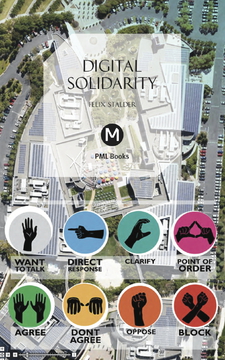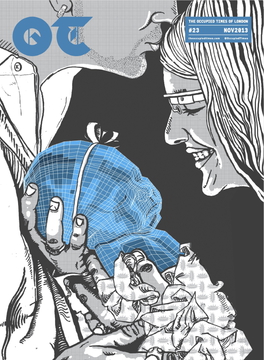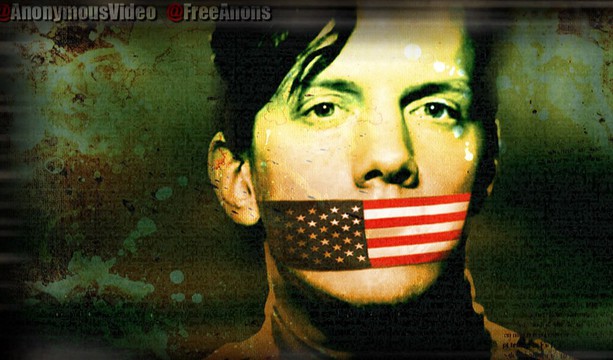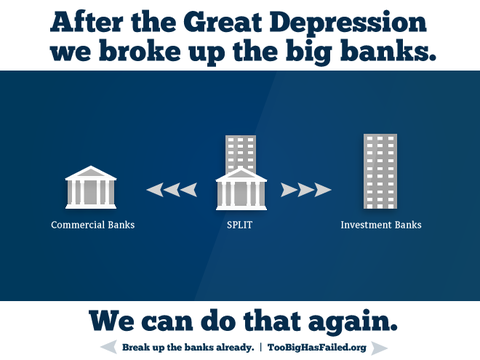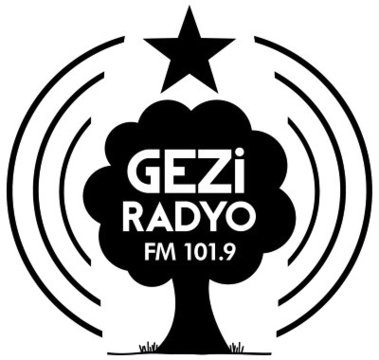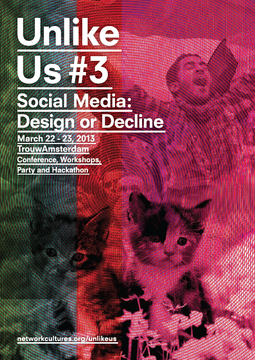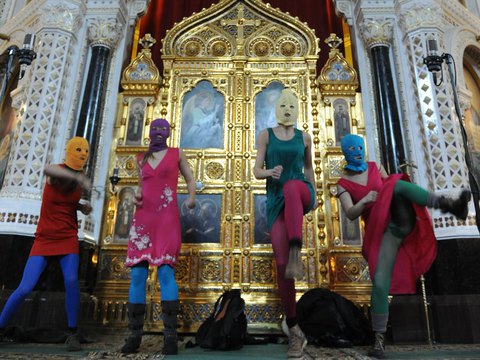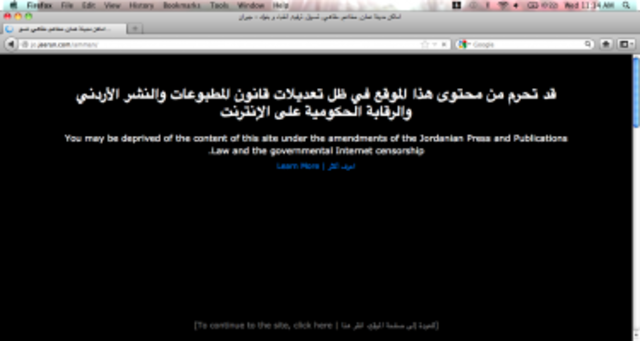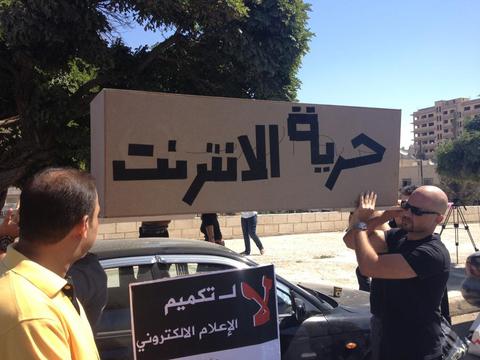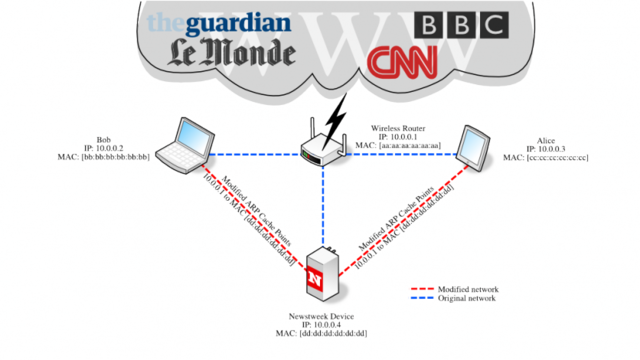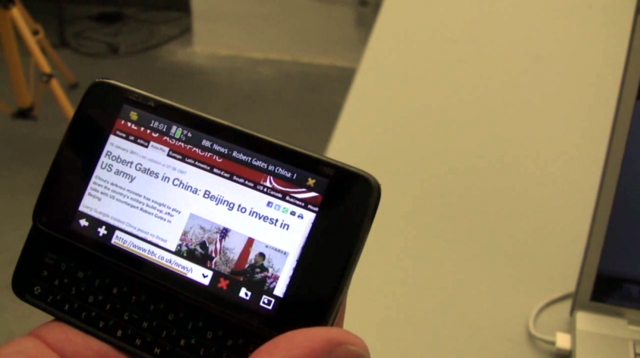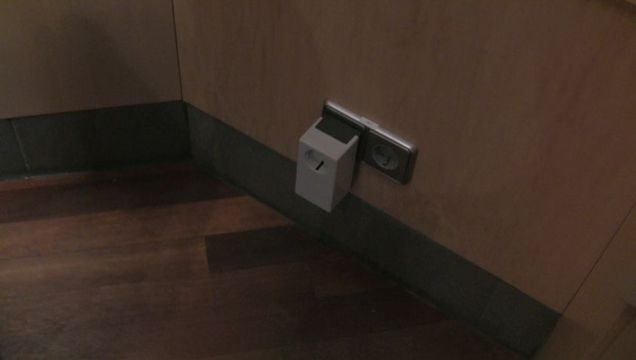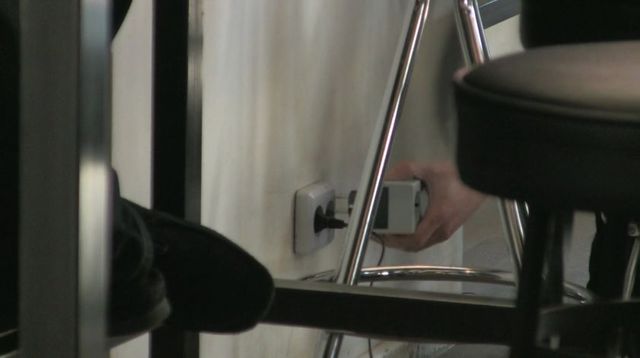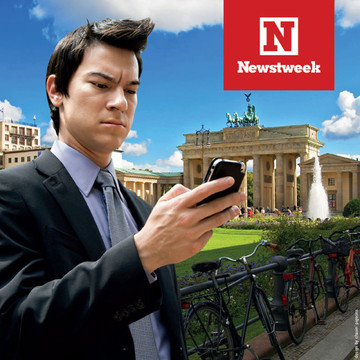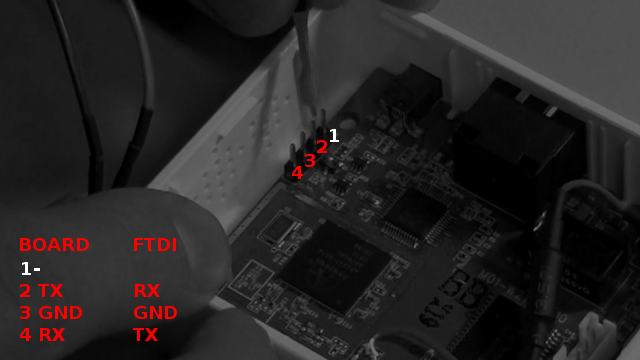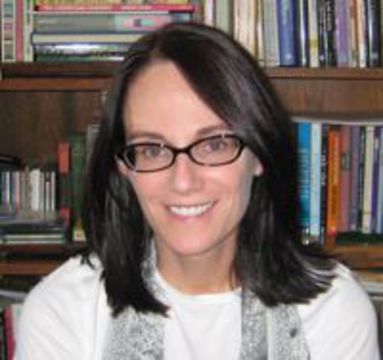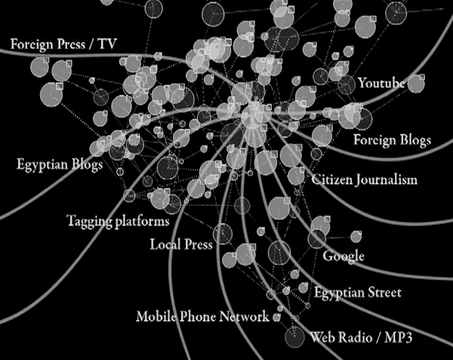picture
Search results for 'activism'
picture
Free Jeremy Hammond
picture
Too Big Has Failed
picture
Gezi Radyo
picture
Unlike Us 3 - flyer
picture
Pussy Riot: Punk-Prayer
picture
Jordan: Internet Funeral
picture
Rita Raley
picture
Digital Solidarity (cover)
picture
Free Jeremy Hammond
picture
Too Big Has Failed
picture
Gezi Radyo
picture
Unlike Us 3 - flyer
picture
Pussy Riot: Punk-Prayer
picture
Jordan: Internet Funeral
picture
Newstweek: fixing the facts
picture
Newstweek: fixing the facts
picture
Newstweek: fixing the facts
picture
Newstweek: fixing the facts
picture
Newstweek: fixing the facts
picture
Newstweek: fixing the facts
picture
Rita Raley


